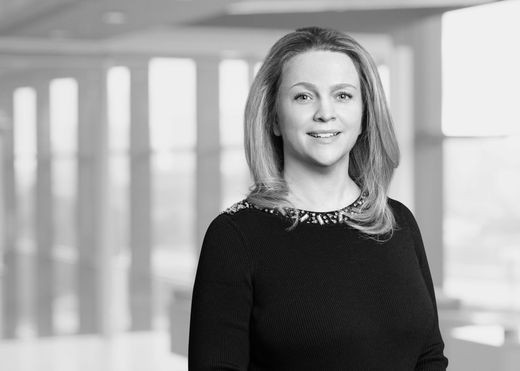EU Commission Moves on CBAM Downstream Expansion and Exporter Compensation

In separate developments, the European Commission (the “Commission”) opened a public consultation on the extension of the Carbon Border Adjustment Mechanism (CBAM) to downstream products and on additional anti-circumvention measures, and announced plans to refund EU exporters for the carbon dioxide (CO2) payments that they pay in the European Union (EU). Further information on these developments is provided, in turn, below.
Consultations on Extension of CBAM and Anti-Circumvention Measures
The European Commission is seeking views from stakeholders on the extension of CBAM to products that are downstream from goods currently within the CBAM’s scope. The Commission is additionally seeking views on new measures to address the risk of circumvention.
The public consultations opened on 1 July and will close on 26 August (midnight Brussels time). Both EU and non-EU based stakeholders are invited to provide input. The consultations are part of the impact assessment being conducted by the Commission.
The CBAM currently covers cement, iron and steel, aluminium, fertilisers, electricity and hydrogen. However, the Commission is considering extending the CBAM’s scope to downstream products to address the risk of carbon leakage in later stages of the supply. According to the consultations document, downstream carbon leakage may occur if EU manufacturers of downstream goods move production to jurisdictions with lower carbon costs and where imports of carbon-intensive downstream goods displace EU products with lower embedded emissions. The consultation also seeks to address concerns about the risk of circumvention, such as where exporters make small transformations to covered goods outside the EU and then export the downstream goods to the EU, thereby avoiding payment of the CBAM financial adjustment.
The selection of downstream products to be added to CBAM’s scope reportedly will rely on criteria similar to those used for the initial scope of CBAM, namely: the risk of carbon leakage, which depends on the tradability and the carbon cost; the relevance of embedded emissions; and the technical feasibility. Steel and aluminium intensive downstream products are expected to be among the main targets for the extension of the CBAM.
Options under consideration to address the risk of circumvention include additional reporting requirements on the production technology and composition of the goods.
In addition to the extension of downstream products and anti-circumvention, the consultations also seek views on existing rules for the default values and the conditions for using actual emissions for electricity in the CBAM. The Commission is reportedly considering options such as changing the default value from the use of the CO2-only based emission factor to another factor, clarifying the applicability of different types of PPAs, simplifying the requirements for physical network congestion and clarifying the application of the criterion of capacity nomination for the use of actual values.
As noted earlier, the deadline to submit comments is 26 August 2025 (midnight Brussels time).
Relief for EU exporters
On 2 July, the Commission announced that it intends to put forward a proposal to relieve EU producers who export to foreign markets from CO2 payments that they have made in the EU. The formal proposal is expected before the end of the year. The plan is to implement the measures for a defined period and review them after approval of the 2025 Emissions Trading System (ETS) is approved. Reports suggest that the Commission intends to use revenues from CBAM payments made by importers to fund the scheme. It is estimated to offer €70 million in compensation to EU exporters in 2026.
The proposal will likely receive close scrutiny under the World Trade Organization’s (WTO) Agreement on Subsidies and Countervailing Measures (“SCM Agreement”) and could give rise to other trade actions by trading partners.






